Asian Development Bank - Toward Mainstreaming and Sustaining Community-Driven Development in Indonesia: Understanding Local Initiatives and the Transition From the National Rural Community Empowerment Program to the Village
Here you can read online Asian Development Bank - Toward Mainstreaming and Sustaining Community-Driven Development in Indonesia: Understanding Local Initiatives and the Transition From the National Rural Community Empowerment Program to the Village full text of the book (entire story) in english for free. Download pdf and epub, get meaning, cover and reviews about this ebook. City: Mandaluyong, year: 2016, publisher: Asian Development Bank, genre: Science. Description of the work, (preface) as well as reviews are available. Best literature library LitArk.com created for fans of good reading and offers a wide selection of genres:
Romance novel
Science fiction
Adventure
Detective
Science
History
Home and family
Prose
Art
Politics
Computer
Non-fiction
Religion
Business
Children
Humor
Choose a favorite category and find really read worthwhile books. Enjoy immersion in the world of imagination, feel the emotions of the characters or learn something new for yourself, make an fascinating discovery.
- Book:Toward Mainstreaming and Sustaining Community-Driven Development in Indonesia: Understanding Local Initiatives and the Transition From the National Rural Community Empowerment Program to the Village
- Author:
- Publisher:Asian Development Bank
- Genre:
- Year:2016
- City:Mandaluyong
- Rating:4 / 5
- Favourites:Add to favourites
- Your mark:
Toward Mainstreaming and Sustaining Community-Driven Development in Indonesia: Understanding Local Initiatives and the Transition From the National Rural Community Empowerment Program to the Village: summary, description and annotation
We offer to read an annotation, description, summary or preface (depends on what the author of the book "Toward Mainstreaming and Sustaining Community-Driven Development in Indonesia: Understanding Local Initiatives and the Transition From the National Rural Community Empowerment Program to the Village" wrote himself). If you haven't found the necessary information about the book — write in the comments, we will try to find it.
Asian Development Bank: author's other books
Who wrote Toward Mainstreaming and Sustaining Community-Driven Development in Indonesia: Understanding Local Initiatives and the Transition From the National Rural Community Empowerment Program to the Village? Find out the surname, the name of the author of the book and a list of all author's works by series.

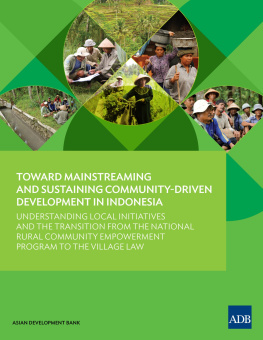
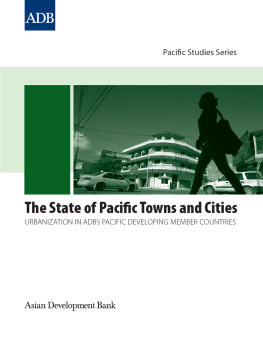
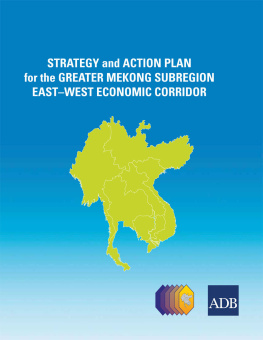
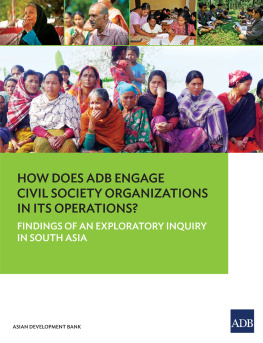
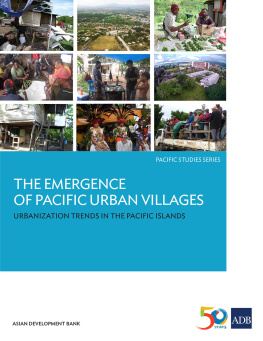
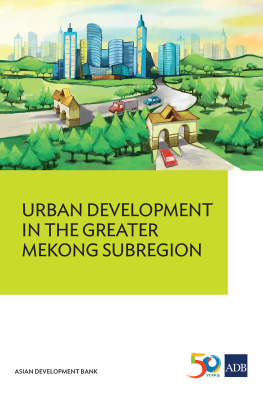

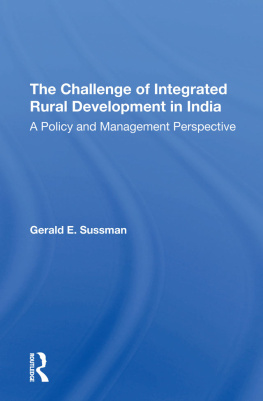
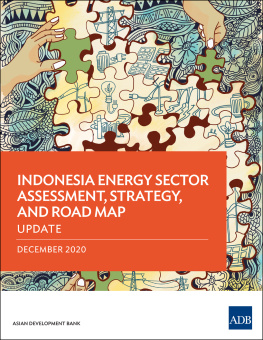
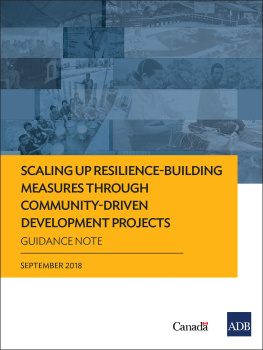
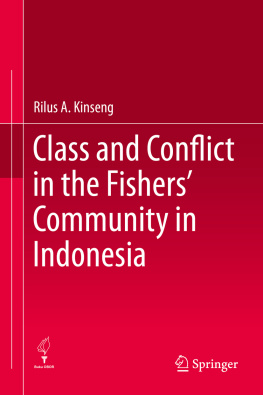


 Creative Commons Attribution 3.0 IGO license (CC BY 3.0 IGO)
Creative Commons Attribution 3.0 IGO license (CC BY 3.0 IGO)